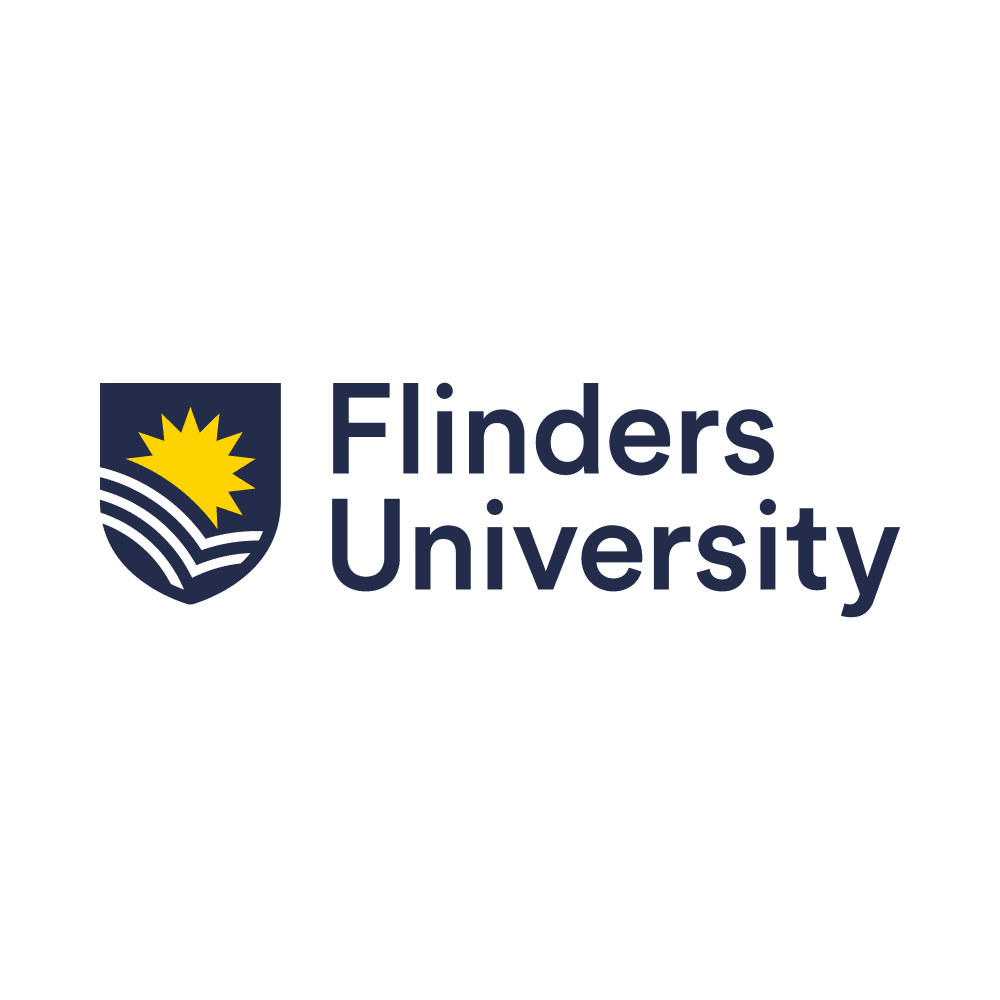Flinders University
Graduate Certificate in Social Impact
- Delivery: Face to Face
- Study Level: Postgraduate
- Duration: 6 months
- Course Type: Graduate Certificate
Empower yourself with practical skills, in-depth knowledge and real-world insights to make a meaningful, lasting impact.

Course overview
The students will get immersed in the world of social impact research, policy and practice through innovative teaching approaches designed and delivered by a team of active social impact researchers at the Centre of Social Impact (CSI) Flinders, along with their Industry and Policy partners who will use real-life projects as case studies to enhance students work-integrated learning.
The course articulates with the MBASIMFP Master of Business Administration (Social Impact), the MPADFP Master of Public Administration and the MPUPFP Master of Public Policy.
The course also available as an exit award from the MBASIMFP Master of Business Administration (Social Impact), the MPADFP Master of Public Administration and the MPUPFP Master of Public Policy, subject to meeting the requirements in the Program of Study below.
CSP Subsidised Fees Available
This program has a limited quota of Commonwealth Supported Places (CSP). The indicative CSP price is calculated based on first year fees for EFT. The actual fee may vary if there are choices in electives or majors.
Key facts
July, 2026
October, 2026
What you will study
To qualify for the Graduate Certificate in Social Impact, you must complete four topics (18 units). Each topic is valued at four and a half units.
- Social Impact in Context
- Leadership for Social Impact
- Innovation for Social Impact
- Demonstrating Social Impact
Entry requirements
Academic requirements
Applicants must hold an approved degree or an equivalent qualification from an approved tertiary institution.
Admission may also be granted based on prior work experience. This will usually include one year of relevant work experience in a related field or two years of relevant work experience in a non-related field.
Admission will be based on the extent to which work experience has enabled the applicant to develop a foundational understanding of one of the five areas: marketing, accounting, economics, finance or management.
Applicants who wish to be admitted on this basis need to provide:
- A curriculum vitae
- A description of job roles, skills and abilities that demonstrate the work experience requirement
- Name(s) of two referee(s) who can verify work experience
English language requirements
For international students, please get in touch with the university for further information regarding English language requirements.
Outcomes
Career outcomes
Possible occupations include:
- Program Director
- General Manager
- Relationship Manager
- Social impact Specialist
- Business Analyst
- Social impact and Stakeholder Engagement Specialist
- Community Development Planner
- Policy Advisor
Learning outcomes
On completion of the course you will be able to:
- Competently operate within the body of knowledge and terminology in the area of social impact, including social innovation, collaborative practice, outcomes-focussed systems, person-centredness and lived experience.
- Demonstrate emerging leadership skills for positive social impact and social change, including the ability to engage effectively with different stakeholders, build partnerships, understand and influence policy, and develop ongoing self-reflection on own leadership.
- Apply the principles of social economy and social investment to social innovation, service and system design, people-centred solutions, community place-based approaches, social entrepreneurship and governance.
- Demonstrate an in-depth understanding and emerging skills in measuring, evaluating and demonstrating social impact, gathering and analysing evidence from different stakeholder groups, using methods of co-production and co-design in participatory action research.
Fees and CSP
Annual indicative fee in 2026: $18,700 (domestic full-fee paying place)
Annual indicative fee in 2025: $8,496 (Commonwealth Supported Place)
Annual indicative fees are based on a full-time study load of 18 units.
A student’s annual fee may vary in accordance with:
- The number of units studied per term.
- The choice of major or specialisation.
- Choice of units.
- Credit from previous study or work experience.
- Eligibility for government-funded loans.
Student fees shown are subject to change. Contact the university directly to confirm.
Commonwealth Supported Places
The Australian Government allocates a certain number of CSPs to the universities each year, which are then distributed to students based on merit.
If you're a Commonwealth Supported Student (CSS), you'll only need to pay a portion of your tuition fees. This is known as the student contribution amount – the balance once the government subsidy is applied. This means your costs are much lower.
Limited CSP spaces are offered to students enrolled in selected postgraduate courses.
Your student contribution amount is:
- Calculated per unit you're enrolled in.
- Dependent on the study areas they relate to.
- Reviewed and adjusted each year.
HECS-HELP loans are available to CSP students to pay the student contribution amount.
FEE-HELP loans are available to assist eligible full-fee paying domestic students with the cost of a university course.








